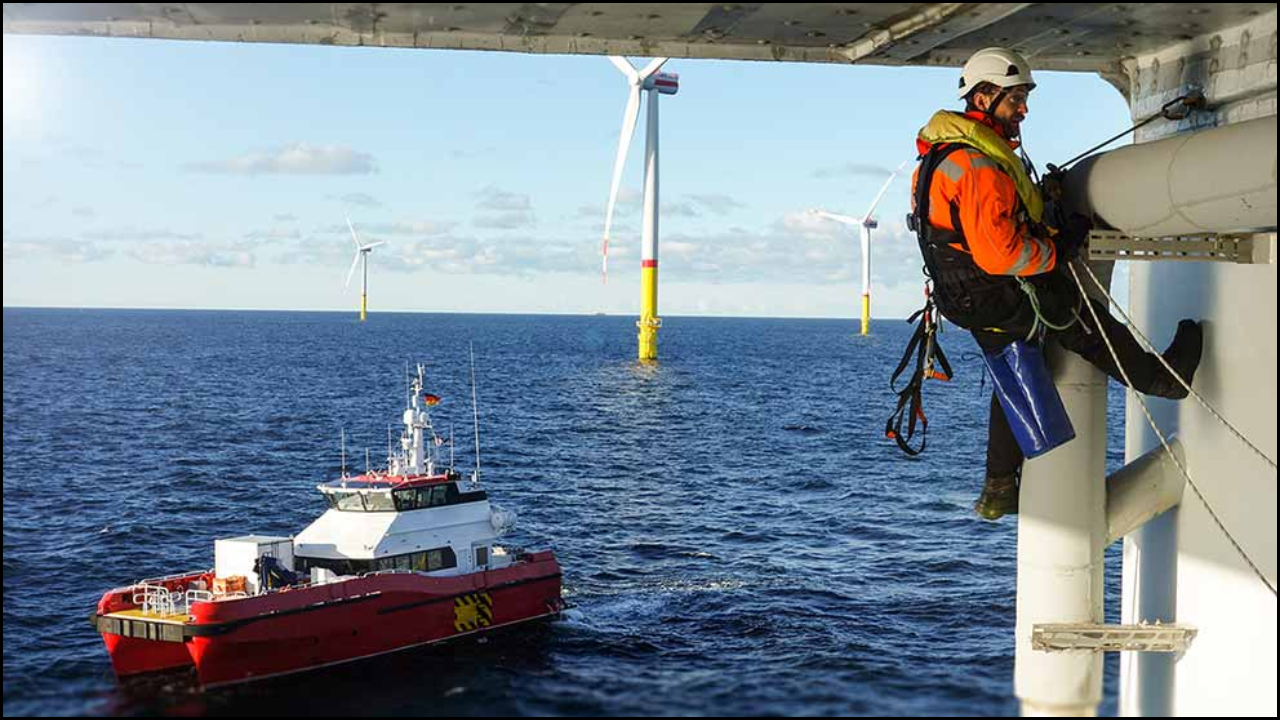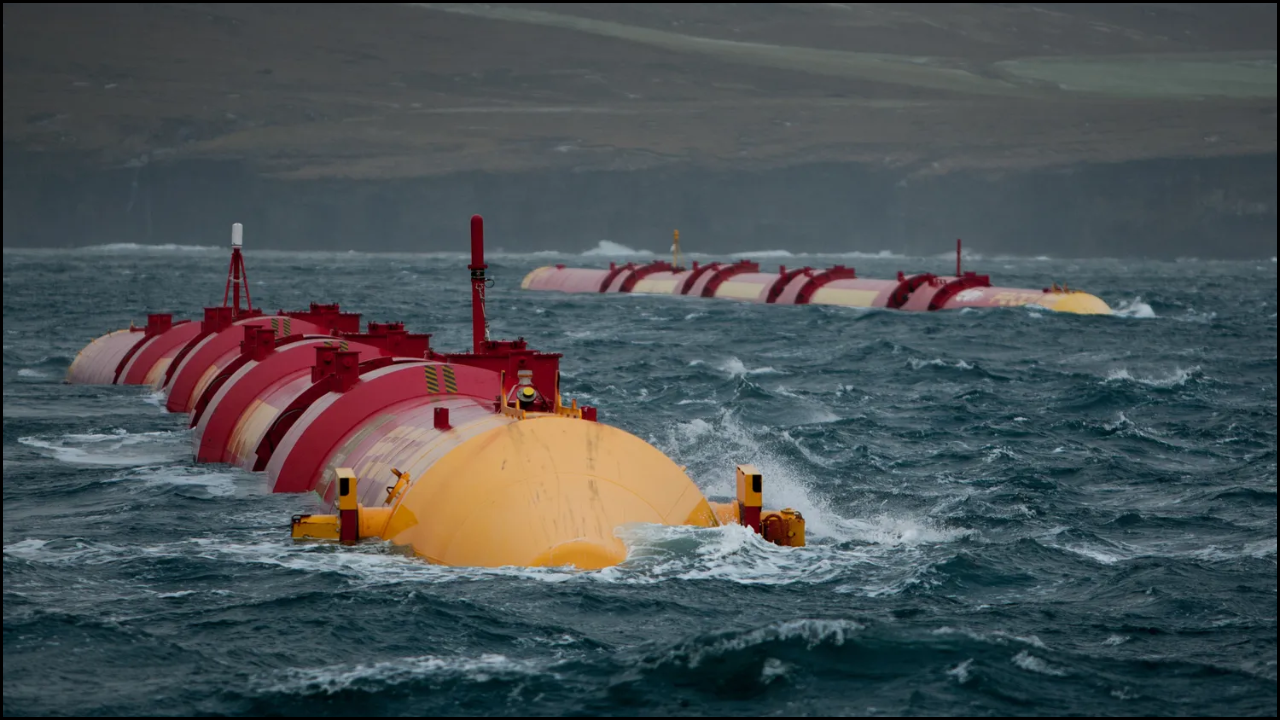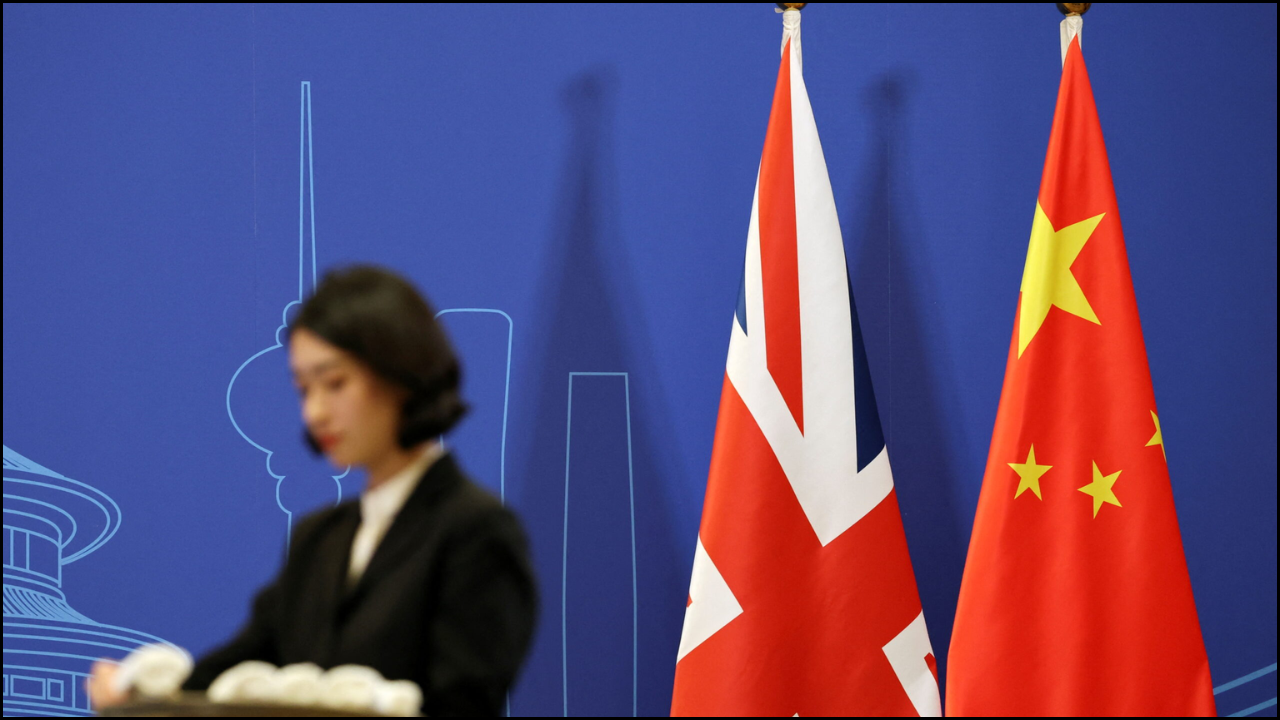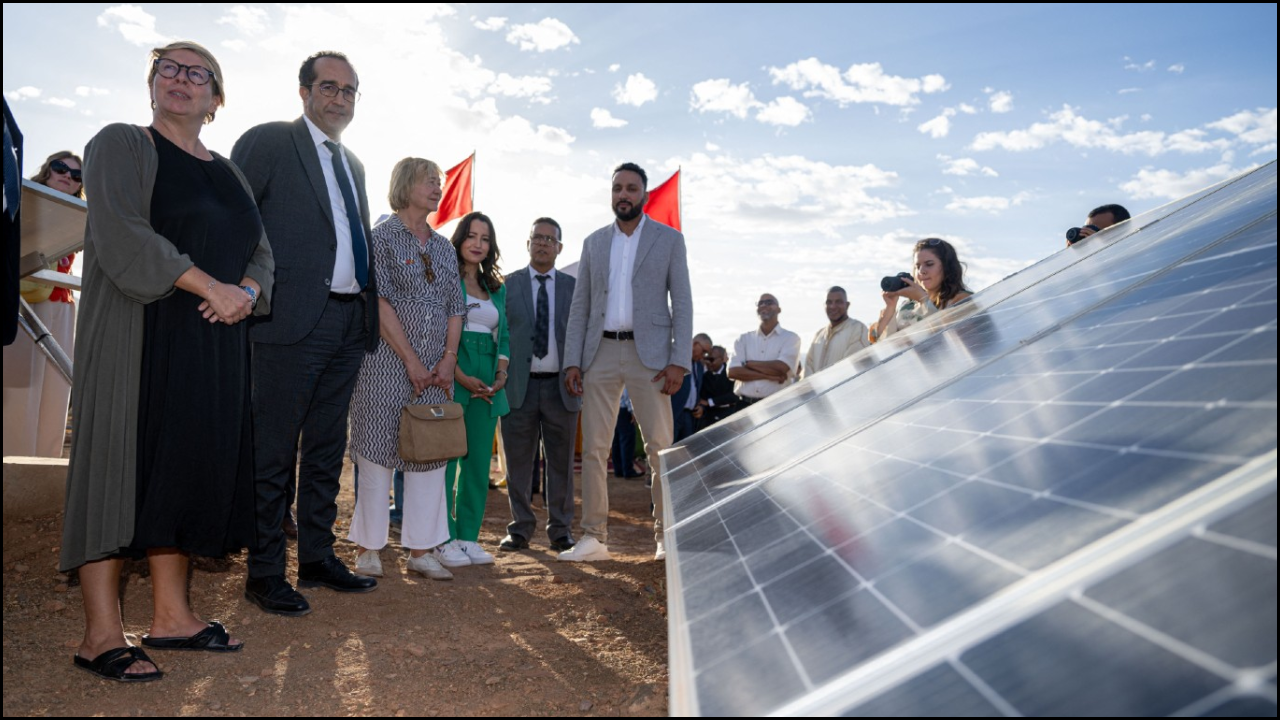
The Newton Fund stands as one of the most impactful initiatives in promoting global research collaboration, particularly in the field of energy innovation. Established by the UK government, the fund aims to strengthen partnerships with developing nations through science, technology, and innovation. Its mission is to address global challenges—especially those related to energy, climate change, and sustainable development—by fostering equitable research cooperation. Offshore renewable energy, solar technologies, and energy storage systems are among the many sectors that have benefited from Newton Fund projects. This collaboration not only accelerates technological advancement but also bridges the knowledge gap between developed and developing countries.
Table of Contents
Overview of the Newton Fund
The Newton Fund was launched in 2014 by the UK’s Department for Business, Energy & Industrial Strategy (BEIS). It works through partnerships between UK institutions and research organizations in partner countries.
- The fund operates in collaboration with national science and innovation agencies.
- It supports sustainable development through capacity building and joint research.
- Its focus areas include energy, health, environment, and education.
- It aligns with the UN Sustainable Development Goals (SDGs), particularly those related to affordable and clean energy (Goal 7).
- The program promotes equality by ensuring that developing countries have equal leadership in research projects.
Key Objectives of the Newton Fund
| Objective | Description |
|---|---|
| Strengthen Global Research Partnerships | Encourages long-term collaboration between UK researchers and international partners. |
| Promote Sustainable Energy Solutions | Supports projects aimed at renewable energy innovation and carbon reduction. |
| Build Research Capacity | Enhances skills, knowledge, and infrastructure in partner countries. |
| Encourage Innovation and Commercialization | Helps translate academic research into real-world energy solutions. |
| Address Global Challenges | Focuses on climate resilience, sustainable cities, and energy access. |
Partner Countries and Global Collaboration
The Newton Fund collaborates with more than 17 partner countries across Asia, Africa, and Latin America. These partnerships are formed through bilateral agreements that support joint calls for research proposals.
| Region | Partner Countries | Focus Areas in Energy Research |
|---|---|---|
| Asia | China, India, Indonesia, Philippines, Vietnam | Renewable energy systems, offshore wind, smart grids |
| Africa | South Africa, Kenya, Egypt | Energy storage, clean energy access, and solar technologies |
| Latin America | Brazil, Chile, Mexico, Colombia | Bioenergy, sustainable cities, climate resilience |
| Middle East | Jordan | Water-energy nexus and sustainable resource management |
The Newton Fund’s Approach to Energy Research
The fund takes a comprehensive approach by combining research, training, innovation, and policy development.
- Collaborative Research Grants: Support joint energy research between universities and institutions.
- Capacity-Building Workshops: Train scientists, engineers, and policymakers in sustainable energy practices.
- Industry Partnerships: Encourage private-sector involvement to commercialize energy innovations.
- Policy Dialogues: Provide evidence-based recommendations for national and regional energy strategies.
- Fellowships and Exchanges: Allow researchers to work in partner institutions, enhancing knowledge sharing.
Key Energy Research Themes Supported by the Newton Fund
| Research Theme | Focus Area | Outcome |
|---|---|---|
| Renewable Energy | Offshore wind, solar, tidal, and bioenergy | Increased clean energy generation capacity |
| Energy Storage and Smart Grids | Battery systems, AI integration, digital monitoring | Improved energy efficiency and grid stability |
| Sustainable Urban Energy Systems | Low-carbon cities and transport electrification | Reduced greenhouse gas emissions |
| Climate Change Mitigation | Renewable-based power transitions | Enhanced resilience and environmental protection |
| Rural Energy Access | Solar mini-grids and decentralized systems | Energy access for underserved communities |
Examples of Newton Fund Energy Projects
| Project Name | Partner Country | Description | Impact |
|---|---|---|---|
| UK–India Clean Energy Partnership | India | Research collaboration on renewable technologies and energy storage | Development of low-cost solar solutions |
| Smart Grids Collaboration Program | China | Joint research on digital grids and efficient power transmission | Improved energy efficiency and network resilience |
| Bioenergy for Sustainable Growth | Brazil | Research on biomass energy and carbon-neutral fuels | Reduced dependence on fossil fuels |
| Energy Access for Remote Communities | South Africa | Off-grid renewable power systems for rural areas | Enhanced electricity access and local development |
| Marine Renewable Energy Collaboration | Indonesia | Research on tidal and offshore wind energy | Strengthened local capacity in marine energy innovation |
Impact on Global Energy Innovation
The Newton Fund’s investments have resulted in significant advancements in clean energy technologies and international cooperation.
- Creation of new offshore renewable prototypes adapted to tropical and coastal regions.
- Development of smart energy management systems that reduce power losses.
- Introduction of sustainable materials for energy infrastructure.
- Enhanced energy literacy among researchers and policymakers in developing nations.
- Promotion of women in STEM through targeted energy research programs.
Capacity Building and Knowledge Sharing
A major achievement of the Newton Fund is its emphasis on human capital development.
- Training programs improve research methodologies in partner institutions.
- Scholarships and fellowships support early-career scientists in energy research.
- Workshops enable policymakers to adopt evidence-based energy solutions.
- Research infrastructure upgrades allow developing nations to conduct high-quality experiments.
- Long-term collaborations continue beyond the funding period, ensuring sustainability.
Role of the Newton Fund in Offshore Renewable Energy Development
Offshore renewable energy receives special attention under the Newton Fund due to its global potential and coastal resilience benefits.
- Collaborative projects explore offshore wind and wave energy integration.
- Partnerships with coastal nations encourage local industry participation.
- Digital monitoring systems improve offshore asset performance.
- Research enhances understanding of environmental impacts on marine ecosystems.
- Joint ventures support offshore energy startups and pilot installations.
Challenges and Lessons Learned
| Challenge | Description | Response Strategy |
|---|---|---|
| Funding Continuity | Sustaining long-term energy projects beyond initial funding | Encourage co-financing and local investment |
| Research Inequality | Differences in institutional capacity between partners | Provide mentoring and infrastructure support |
| Technology Transfer Barriers | Difficulties in adapting UK technology to local contexts | Promote co-design and local customization |
| Policy Alignment Issues | Varied national energy policies across regions | Foster joint policy dialogues and harmonization |
| Communication Gaps | Limited cross-disciplinary interaction | Develop integrated research networks and platforms |
Contribution to Sustainable Development Goals (SDGs)
The Newton Fund directly contributes to multiple UN SDGs, reinforcing its role as a bridge between global research and sustainable progress.
| SDG Goal | Area of Contribution |
|---|---|
| SDG 7 | Affordable and clean energy research and innovation |
| SDG 9 | Industry, innovation, and infrastructure enhancement |
| SDG 13 | Climate action through renewable energy integration |
| SDG 17 | Partnerships for achieving sustainable development |
Future Directions of the Newton Fund in Energy Research
The Newton Fund continues to evolve with new goals and technological frontiers in global energy research.
- Expansion into hydrogen energy and carbon capture technologies.
- Greater focus on AI-based energy optimization.
- Support for climate-resilient coastal and island energy systems.
- Creation of open-access data platforms for shared energy research results.
- Strengthening of regional innovation hubs in developing countries.
Comparison Between Traditional Aid Programs and the Newton Fund Model
| Aspect | Traditional Aid Programs | Newton Fund Model |
|---|---|---|
| Approach | One-way funding support | Collaborative and equitable partnerships |
| Focus | Short-term development outcomes | Long-term capacity building and innovation |
| Implementation | Government-driven | Research- and knowledge-driven |
| Sustainability | Limited after project completion | Encourages lasting research cooperation |
| Innovation Role | Minimal technological development | High emphasis on science and innovation |
Parting Insights
The Newton Fund has successfully redefined how global research partnerships can drive energy innovation and sustainability. By fostering collaboration between the UK and developing countries, it not only accelerates advancements in renewable energy but also strengthens institutional capacity and resilience. Its emphasis on equity, shared knowledge, and innovation ensures that both partners benefit equally. As the world transitions toward cleaner energy systems, the Newton Fund serves as a powerful bridge linking scientific discovery, technological progress, and sustainable development for a more energy-secure future.




